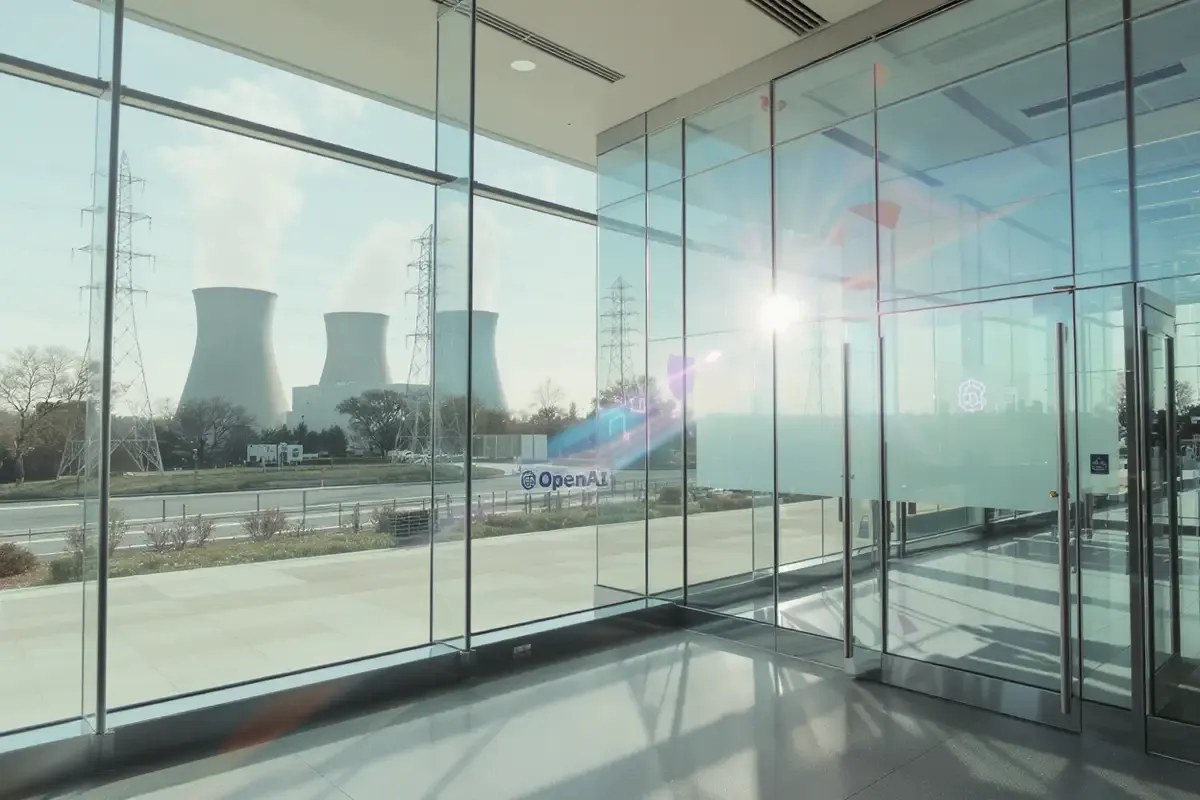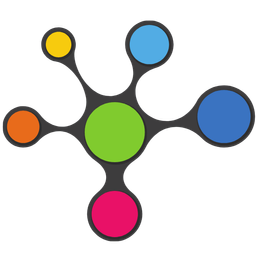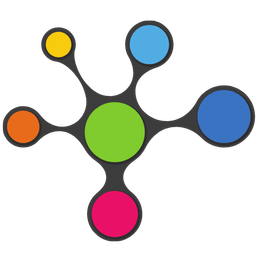Good Morning from San Francisco,
OpenAI just opened ChatGPT to third-party apps this week. Canva, Spotify, and Zillow all launched today. The architecture is open. The distribution isn't. You get access to 800 million weekly users. ChatGPT keeps the customer relationship and decides which apps get featured more prominently.
Meanwhile, tech companies are pre-buying electricity from nuclear reactors that won't exist until the early 2030s. Data center demand will double by 2035. The first small modular reactors might deliver power by late 2027. Maybe. Russia's and China's versions ran 300 to 400 percent over budget.
One story about who owns the customer. Another about who pays for the bet.
Both shape what gets built next.
Stay curious,
Marcus Schuler
OpenAI turns ChatGPT into app platform with controlled distribution
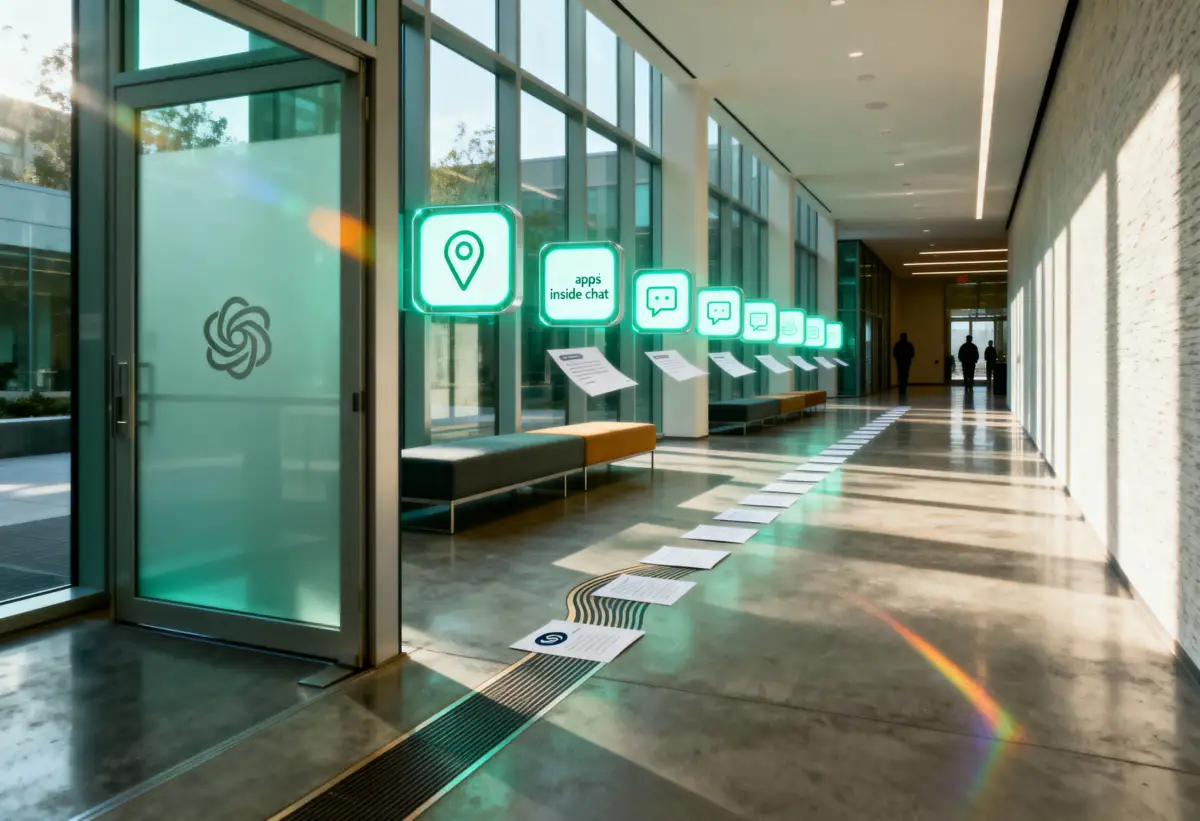
OpenAI opened ChatGPT to third-party apps that render inside conversations.
Partners including Canva, Zillow, and Spotify launched today, with others following "later this year." The Apps SDK extends the Model Context Protocol—an open standard introduced by Anthropic—adding UI primitives for inline cards, fullscreen modes, and picture-in-picture overlays.
The architecture is open. The distribution isn't. Apps appear when ChatGPT suggests them based on undisclosed ranking algorithms or when users call them by name. OpenAI controls which apps get "featured more prominently" without specifying the weights—relevance, quality, or business terms.
For developers, the trade is reach for ownership. Access 800 million weekly users but inherit ChatGPT's design system, content policies, and ranking rules. Monetization through the Agentic Commerce Protocol launches later this year with fee structure undefined.
Why this matters:
• Chat becomes the interface layer that brokers intent, UI, and payments—reshaping who owns the customer relationship at transaction moments
• Open standards reduce technical friction but whoever controls suggestions and rankings controls market structure regardless of portability claims
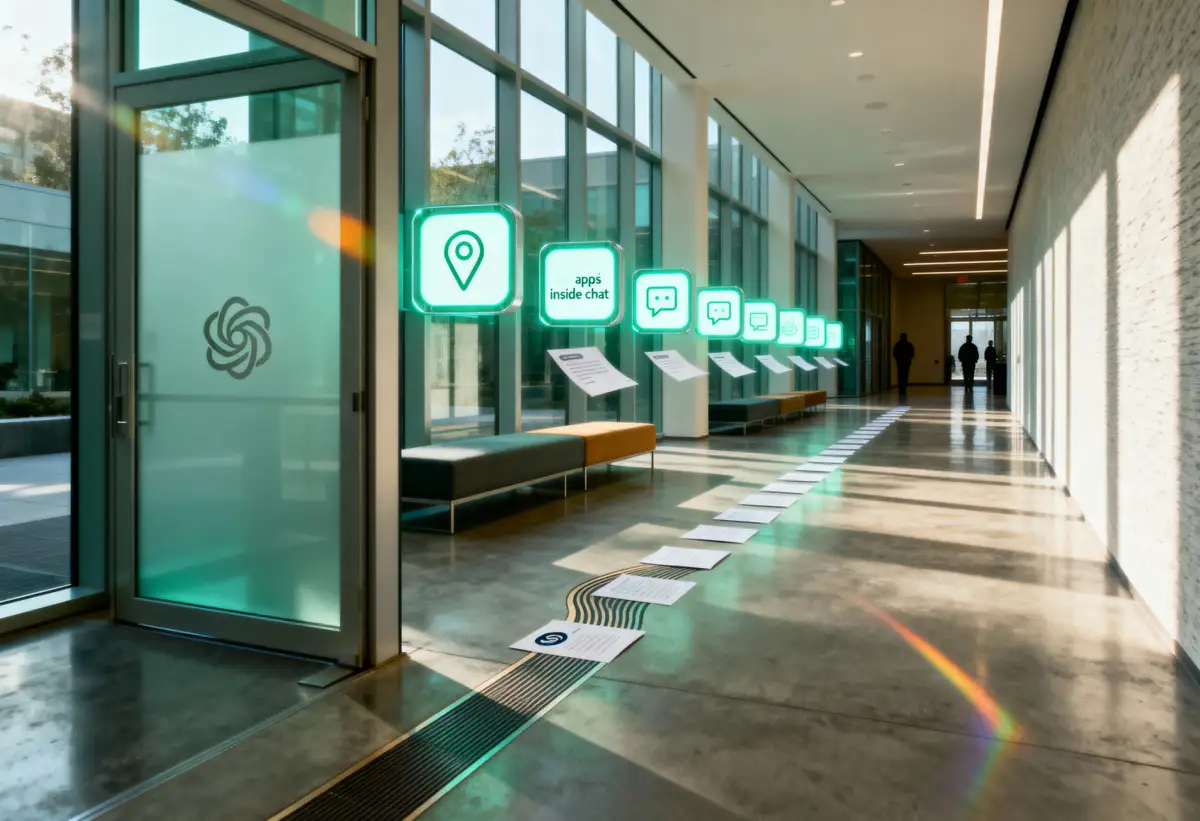

AI Image of the Day

Prompt:
A hyper-realistic close-up of a crocheted coffee
cup and saucer. The cup is colorfully and thickly crocheted, with the words "My Friends" and "Good Morning" made up of embroidered letters in various bright colors - pink, purple, yellow, orange, turquoise and red - placed above the crochet. Steam rises from the cup, creating a subtle cloud effect. Vibrant pink, yellow and green flowers surround the cup, adding to the cheerful aesthetic. The crocheted cup and saucer are a mix of pastel and bright colors, and the coffee beans scattered around the saucer contribute to the cozy atmosphere next to the coffee cup and croissant. The background is a light gray or beige surface, and the lighting is strong and even, creating a delicate glow and visible texture on the crocheted elements. The overall impression is one of warmth and festivity.
Small reactors meet big AI ambitions
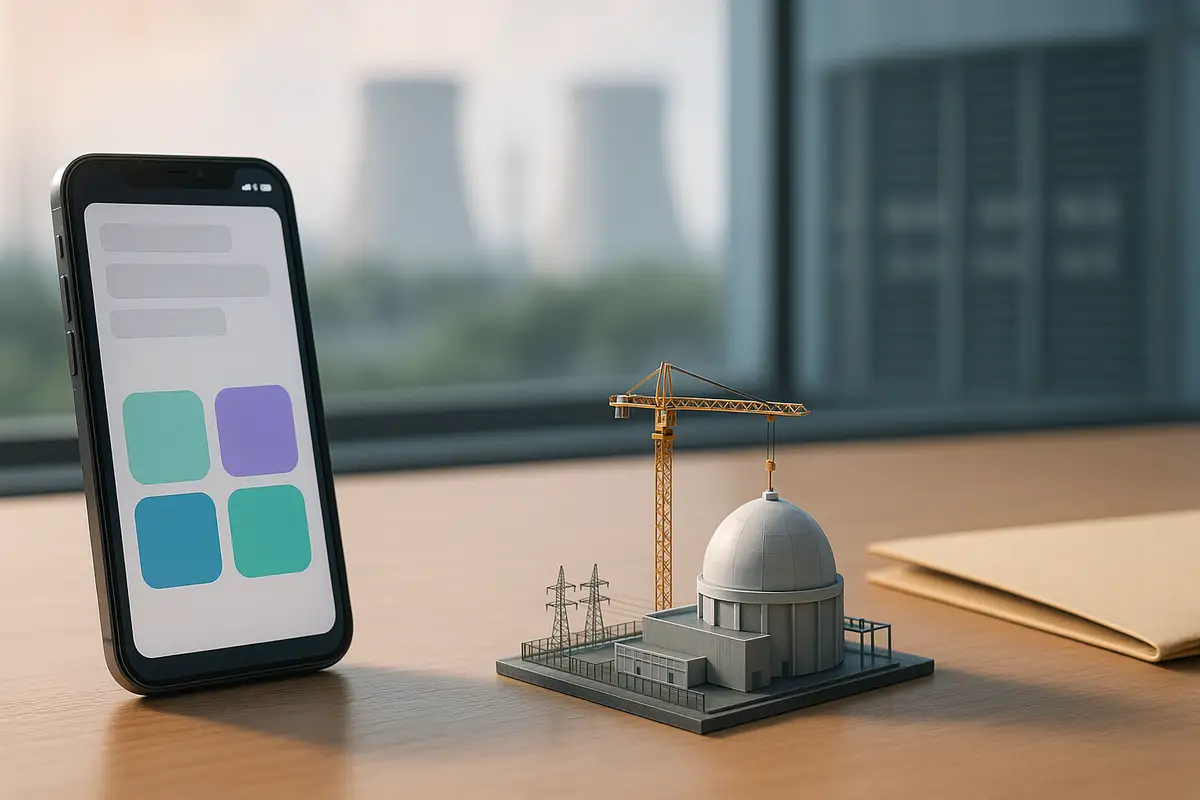
Tech companies are signing deals for reactors that don't exist yet.
Google locked in 500 megawatts from Kairos Power by 2035. Oklo outlined 12 gigawatts with Switch. Amazon invested over $1 billion in nuclear projects last year. Since 2023, companies committed to more than 32 gigawatts of small modular reactor capacity—roughly 30 large conventional plants.
None will deliver power before 2027 at the earliest. Most target the early 2030s. Data center electricity demand will more than double by 2035, reaching 945 terawatt-hours annually—more than France or Canada consume. Early SMR electricity is projected at $182 per megawatt-hour by 2030, about 30 percent above wind-solar batteries.
Russia's and China's operating SMRs ran 300 to 400 percent over original cost estimates. NuScale's flagship U.S. project collapsed in 2023 after costs jumped 120 percent.
Why this matters:
• Tech firms are pre-buying firm carbon-free power to secure AI-era capacity, accepting early-mover risk for future baseload
• First SMRs test whether factory modules and simpler designs can avoid nuclear's chronic delays—performance decides if small nuclear becomes standard equipment or cautionary tale

🧰 AI Toolbox
How to Scale Your Cold Email Outreach with AI
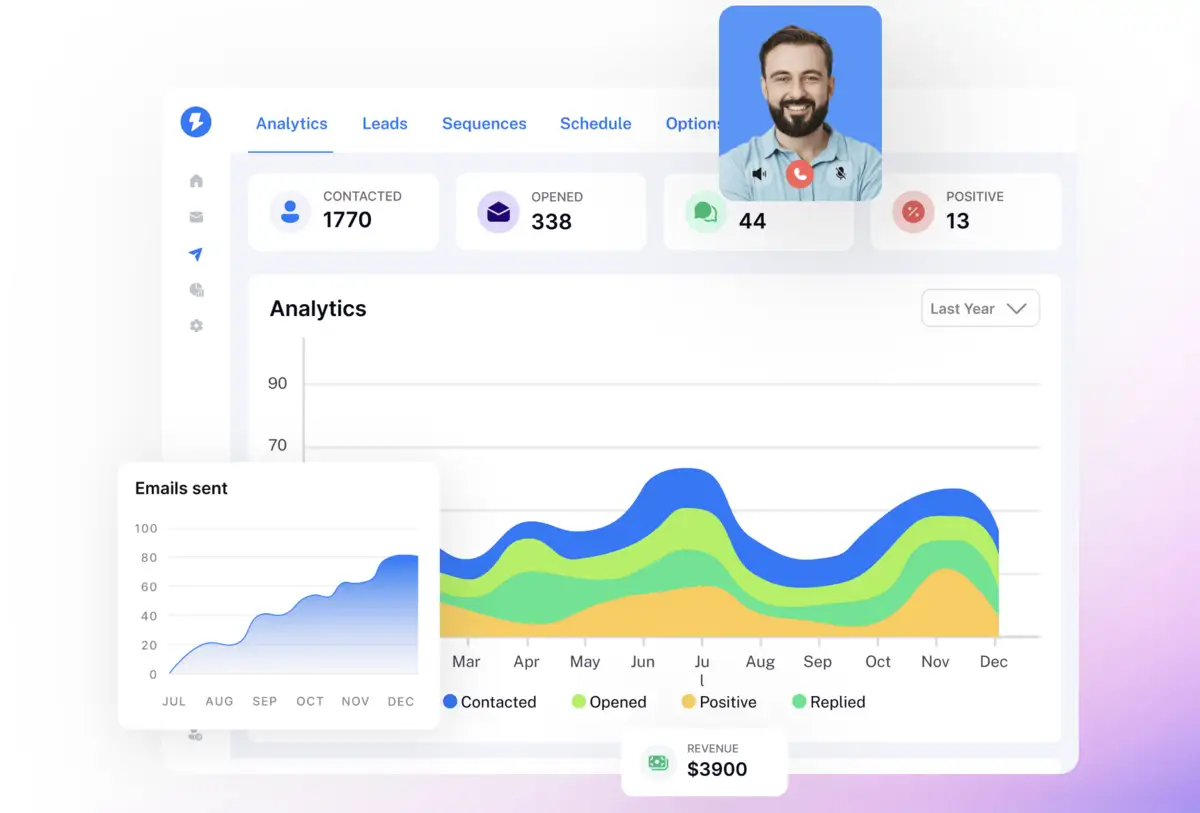
Instantly.ai automates cold email campaigns and lead generation at scale. It connects unlimited email accounts, warms them up automatically, and accesses 450M+ verified B2B contacts to help you land more meetings and close more deals.
Tutorial:
- Go to the Instantly.ai website
- Connect your email accounts (unlimited Gmail, Outlook, or custom SMTP)
- The platform automatically warms up your inboxes to improve deliverability
- Search the 450M+ contact database using filters like job title, company size, and industry
- Create automated email sequences with AI-powered personalization
- Manage all responses in the unified inbox across all accounts
- Scale your outreach with unlimited sending accounts and avoid spam folders
Better prompting
Town Hall Company Meeting
Generate Town Hall Talking Points
Create a 5-minute script of talking points for a company-wide town hall meeting with the following parameters:
Context:
- Theme/Announcement: [insert specific theme, announcement, or business update]
- Company stage: [startup/growth/established/enterprise]
- Audience size: [approximate number of employees]
- Current company sentiment: [positive/cautious/concerned/excited]
Required Elements:
- Opening hook (30 seconds) - Start with a compelling statement, story, or question that captures attention
- Core message (2 minutes) - The main announcement or theme, with 2-3 key points
- Why it matters (1 minute) - Connect to company vision and employee impact
- What's next (1 minute) - Concrete next steps or timeline
- Closing call-to-action (30 seconds) - End with inspiration and clear employee action
Tone: [Choose: inspirational/transparent/celebratory/realistic]
Additional Requirements:
- Use conversational, jargon-free language
- Include 1-2 specific examples or data points for credibility
- Address potential concerns proactively
- End with a memorable takeaway
- Mark approximate timing for each section
AI & Tech News
OpenAI Positions Itself as 'Windows of AI' Through Strategic Partnerships
OpenAI is making a strategic bid to become the dominant platform in artificial intelligence, similar to Microsoft's Windows operating system, through recent partnerships with major technology companies including Oracle, Nvidia, Samsung, AMD, and SK Hynix. The company's extensive announcements at DevDay, combined with this flood of corporate deals over the past month, signal an ambitious effort to establish itself as the foundational layer for AI applications across the industry.
OpenAI Makes Codex Generally Available to All Users
OpenAI has officially launched the general availability of Codex, its AI-powered code generation tool, making it accessible to all users after its previous limited release. The company also unveiled three new features designed to enhance the platform for engineering teams: Slack integration for seamless workflow incorporation, a new Codex SDK for developers, and improved administrative tools for better team management.
OpenAI Unveils Major API Updates Including GPT-5 Pro and Sora 2
OpenAI announced significant API updates at its Dev Day event on Monday, launching GPT-5 Pro as its latest language model and introducing Sora 2, a new video generation model currently available in preview. The company also released gpt-realtime-mini, a more affordable voice model that costs 70% less than the existing gpt-realtime option, as part of its expanded developer offerings.
OpenAI and Jony Ive Reveal Plans for AI Device Family
At OpenAI's DevDay event, CEO Sam Altman and former Apple designer Jony Ive discussed their collaborative project to develop a "family of devices" powered by artificial intelligence, though they provided few concrete details about the upcoming hardware. Altman cautioned that the development process "will take a while," suggesting consumers should not expect these AI devices to launch in the near term.
OpenAI Strikes Over $1 Trillion in Computing Deals with Tech Giants
OpenAI has secured computing deals worth more than $1 trillion with major technology companies including Nvidia, AMD, and Oracle, representing an unprecedented investment in artificial intelligence infrastructure. The commitments significantly exceed OpenAI's current revenue levels, prompting questions about how the company will finance these massive obligations as CEO Sam Altman makes an enormous bet on AI's future growth potential.
Anthropic Partners with IBM to Integrate Claude AI Models into Development Platform
Anthropic has announced a strategic partnership with IBM to integrate its Claude AI models into IBM's latest integrated development environment (IDE), marking a significant push into the enterprise software market. IBM plans to expand Claude's availability across additional products in its portfolio, as the two companies collaborate to target business customers and developers seeking AI-powered tools for their software development workflows.
Google Launches AI Bug Bounty Program Offering Up to $30,000 Rewards
Google has launched a dedicated bug bounty program specifically targeting vulnerabilities in its artificial intelligence products, offering security researchers rewards of up to $30,000 for discovering security flaws. The program prioritizes finding ways that malicious actors could exploit AI systems to perform "rogue actions," with the highest payouts reserved for the most critical vulnerabilities that could compromise AI bot behavior.
California Becomes First State to Ban Loud Ads on Streaming Services
California Governor Gavin Newsom has signed landmark legislation making the state the first in the nation to prohibit excessively loud advertisements on streaming platforms such as Netflix and Hulu. The new law is modeled after a 2010 federal regulation and represents a significant step in consumer protection for the growing streaming media landscape.
SEC Probes AppLovin Over Alleged Platform Partner Violations
The Securities and Exchange Commission is investigating mobile advertising company AppLovin Corp. over allegations that it violated agreements with platform partners in order to deliver more targeted advertisements to consumers. Following reports of the SEC probe, AppLovin's stock (APP) dropped 14% as investors reacted to news of the regulatory scrutiny into the company's data collection practices.
Supreme Court Rejects Google's Appeal in Epic Games Antitrust Case
The U.S. Supreme Court has declined Google's request to halt a federal judge's order requiring the tech giant to make significant changes to its Google Play Store following an antitrust lawsuit filed by Epic Games, the maker of "Fortnite." The decision allows the lower court's ruling to proceed, potentially forcing Google to implement major reforms to its app store operations and business practices.
Cerebras Pulls IPO Filing to Update Financials
Cerebras CEO Andrew Feldman announced that the AI chipmaker withdrew its initial public offering filing in order to provide updated financial information to potential investors. Feldman acknowledged that the company made a mistake by not immediately explaining the reasoning behind the IPO withdrawal when it occurred last week.
🚀 AI Profiles: The Companies Defining Tomorrow
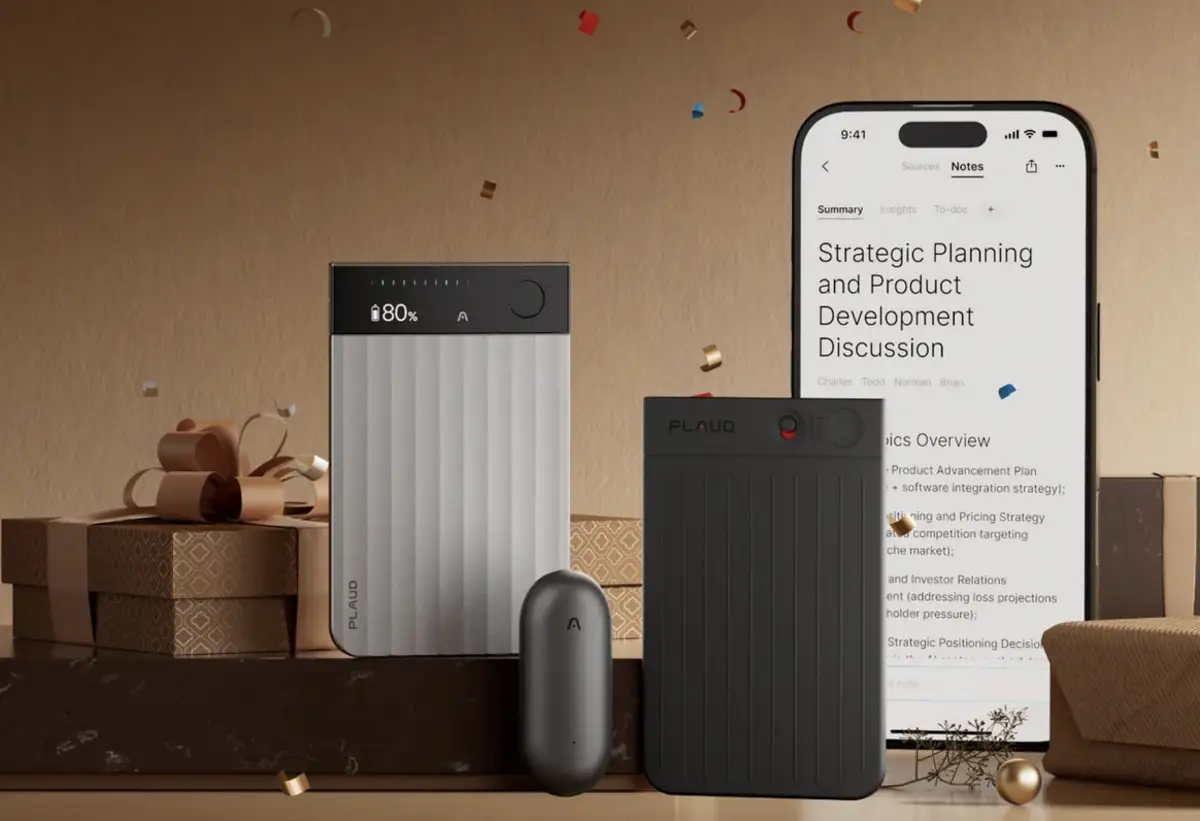
Plaud.ai
Plaud turns conversations into structured data with dedicated hardware that doesn't drain your phone. The bet: a physical "Save" button for real life beats another app icon.
1. The Founders
Nathan Xu and Charles Liu launched Plaud in 2021 from San Francisco. Xu saw AI-powered note-taking hardware arriving before anyone else did. Liu brought Shenzhen factory muscle. They ship worldwide—offices in Seattle, Tokyo, Singapore. Over 1 million users across 170+ countries. No employee count disclosed, but they're hiring globally and moving fast.
2. The Product
Three devices cover different contexts. Plaud Note sticks to your phone for calls, sits on tables for meetings. NotePin clips to your shirt for hands-free capture. Note Pro adds four mics, 16-foot range, and a highlight button that marks key moments mid-conversation 🎯
The software transcribes in 112 languages, labels speakers, spits out summaries and action items. New Developer Platform lets enterprises pipe conversation data into CRMs and EHRs via APIs. HIPAA, GDPR, SOC 2 compliant.
3. The Competition
Hardware rivals include Limitless Pendant and Senstone Scripter. Software players like Otter.ai and Notta own online meetings. Healthcare? Abridge and Nuance dominate clinical AI scribes. Plaud bought StarJar (YC-backed) to crack that market.
The real threat: phone makers and platform giants absorbing AI audio as a checkbox feature.
4. Financing
Bootstrapped, then pulled $1.1M from Kickstarter (2023). Took a $4.75M convertible note (April 2025) with backing from Carbide Ventures. Valuation? Undisclosed. They're chasing $250M revenue this year through hardware sales and subscriptions. Light on outside equity, heavy on execution.
5. The Future ⭐⭐⭐⭐
Plaud ships smart iterations—the highlight button, auto mode-switching. They get that hardware buys time while software captures revenue. Risk? Platforms steal the mic. If they keep building better capture tools and deeper integrations, they survive. If not, they become a feature inside your phone 📱



